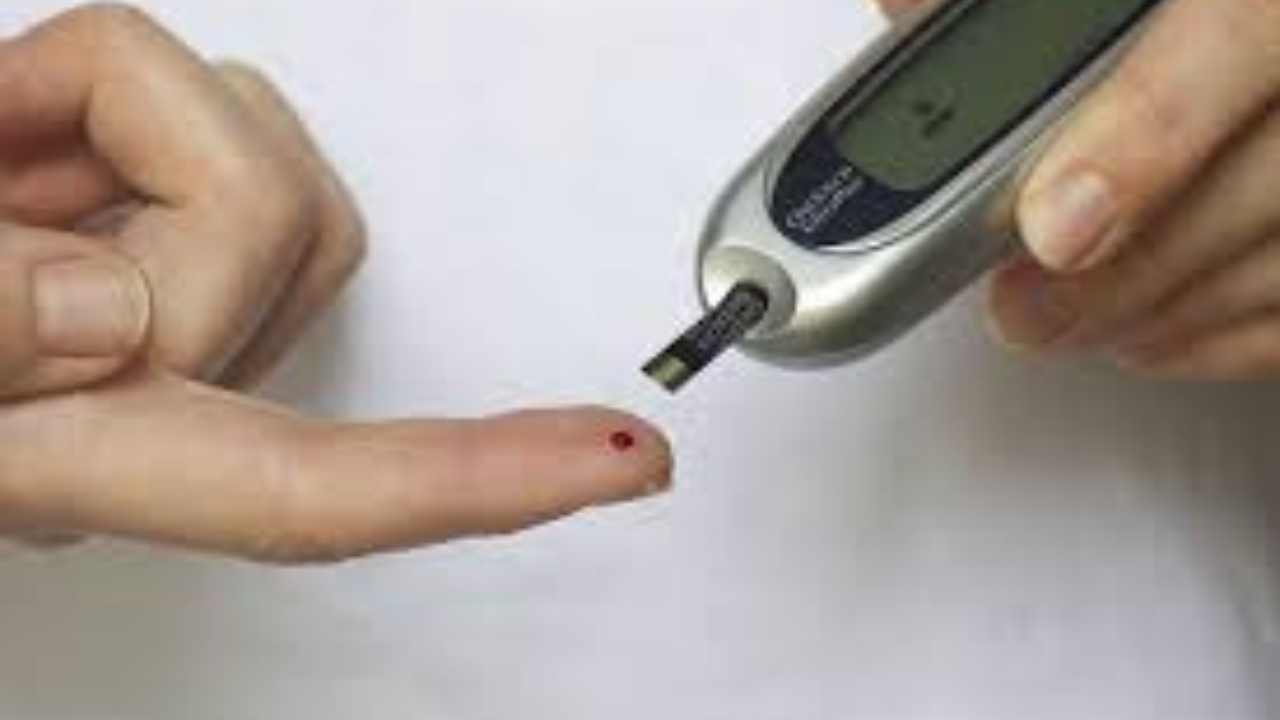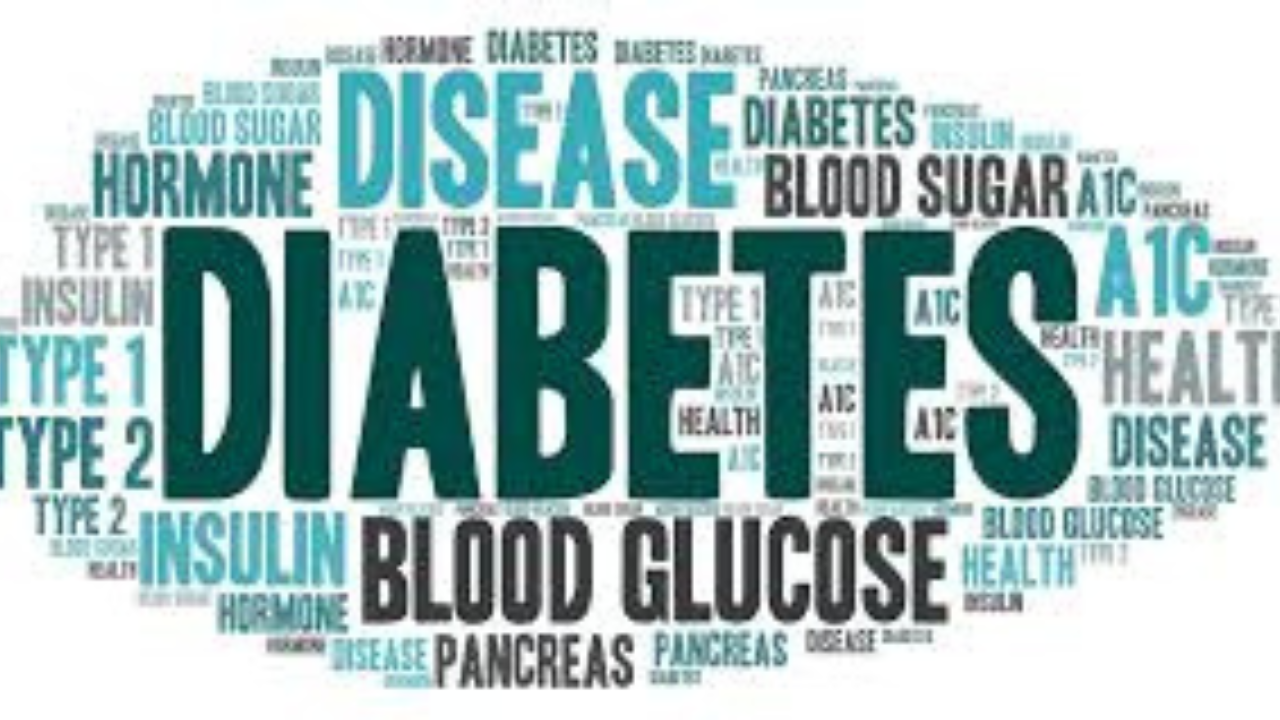Diabetes is Most Accurately Defined As: Key Facts and Information
Diabetes is Most Accurately Defined As Key Facts and Information Diabetes is a complex and multifaceted condition that affects millions of people worldwide. Understanding the intricacies of diabetes, including its types, symptoms, and treatment options, is crucial for both patients and healthcare providers. This article delves into the essential aspects of diabetes, providing a comprehensive









